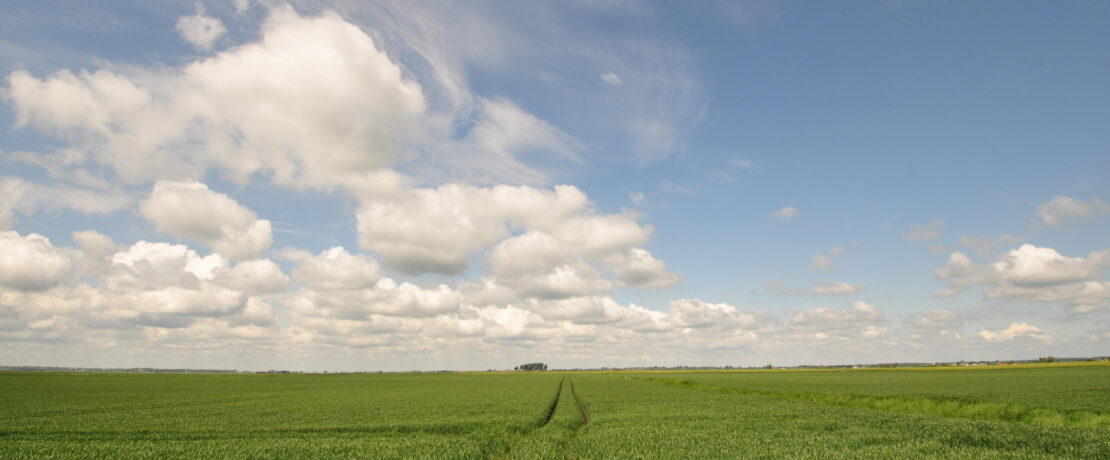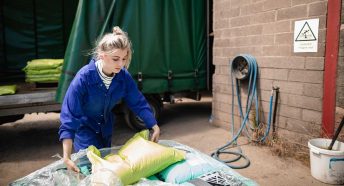What is Agricultural Land Classification (ALC)? Why does it need to change?
The Agricultural Land Classification (ALC) is a scientific system used to assess how good land is for growing crops in England. It takes into account soil quality and local climate to evaluate how well the land can support different types of crops and how reliable their yields might be.
The ALC grades land into six different categories, ranging from Grade 1 (excellent) to Grade 5 (very poor). Grade 3 splits into 3a and 3b. Grades 1 to 3a are considered the UK’s ‘Best and Most Versatile’ (BMV) farmland. Planning authorities must give special consideration to protecting it when deciding where to permit development.
The system plays a crucial role in helping us understand where our most productive farmland is. It helps guide informed decisions about land use and protection of the UK’s ability to grow its own food.
Why does it need to change?
Our recent report shows that the ALC system has several significant problems that make it increasingly unreliable for modern decision-making.
First, the system relies on outdated climate data collected between 1941 to 1980 and, therefore, does not take into account more recent climate change. More up-to-date measurements of temperature and rainfall would likely show a dramatic reduction in the amount of high-grade agricultural land available. At its core, what this means is that we may be overestimating the quality of our farmland.
Another significant concern relates to lowland peatland areas, where more than 40% of England’s crops are grown. ALC assessments on this land date back more than 50 years, since which time the quality of their soils has significantly degraded due to drainage and intensive farming. These rich peat soils continue to erode, often leaving less fertile mineral soils behind. We need to update our understanding of their condition if we want an accurate picture of these very important areas of farmland.
Better data for land use
The need for an updated ALC system has become even more pressing with the government’s recent consultation on a strategic Land Use Framework for England. The ALC should be central to these important discussions about how we use our finite supply of land, but in its current form it is not reliable enough. Climate change is already having a severe impact, with 60% of England’s highest-grade farmland now at high risk of flooding. At the same time, there is growing pressure to use land for housing, renewable energy infrastructure, and nature restoration.
The ALC system needs updating to incorporate more accurate and recent assessments of farmland quality. Otherwise, there is a real risk that irreversible decisions are made that compromise our nation’s food security. The government needs to take urgent action. This includes:
-
- Updating the ALC with current climate data
- Re-surveying vulnerable lowland peatlands
- Strengthening planning protections for our best farmland
- Ensuring the updated system is able to form a cornerstone of the new Land Use Framework





